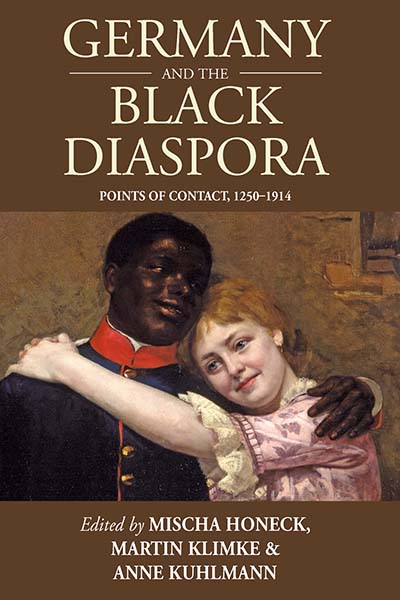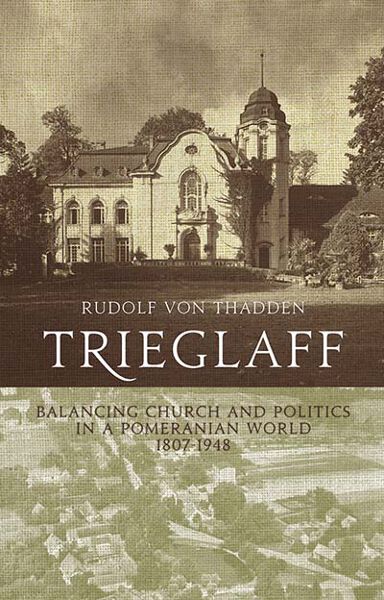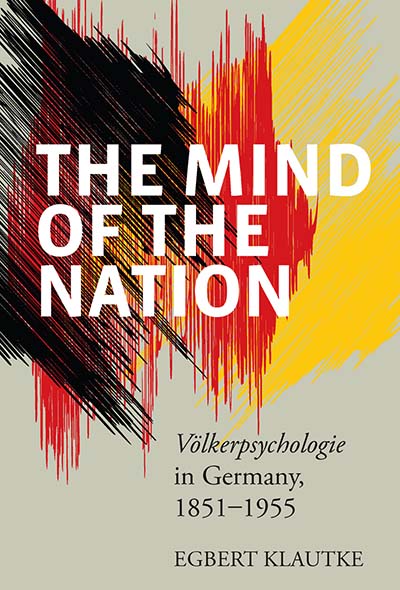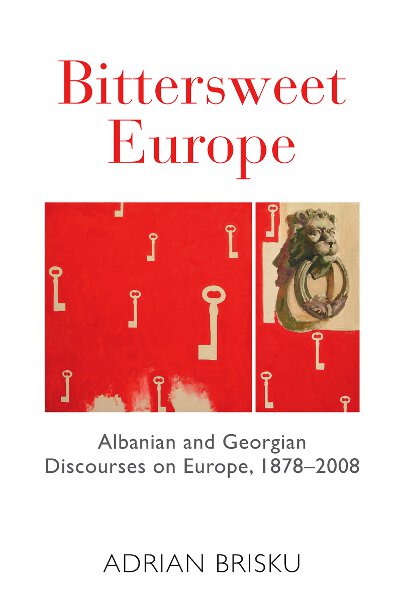We are delighted to present a selection of our newly published, and soon to be published, September titles from our core subjects of Conflict Studies, Film Studies, Gender Studies, Genocide Studies, History and Religious Studies along with a selection of our New in Paperback titles.
——————————————————————————————————————–
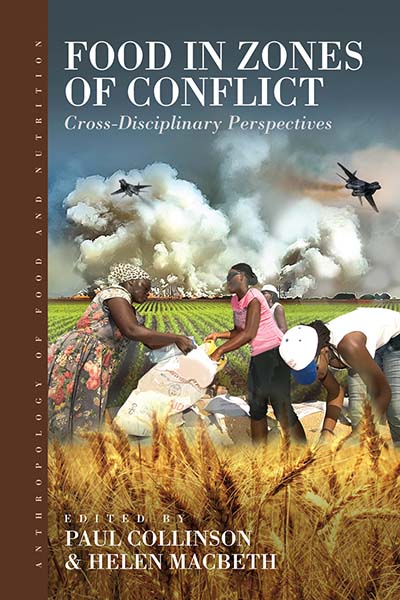 FOOD IN ZONES OF CONFLICT
FOOD IN ZONES OF CONFLICT
Cross-Disciplinary Perspectives
Edited by Paul Collinson and Helen Macbeth
Foreword by Hugo Slim
Volume 8, Anthropology of Food & Nutrition Continue reading “Simulated Shelves: Browse September’s New Books”

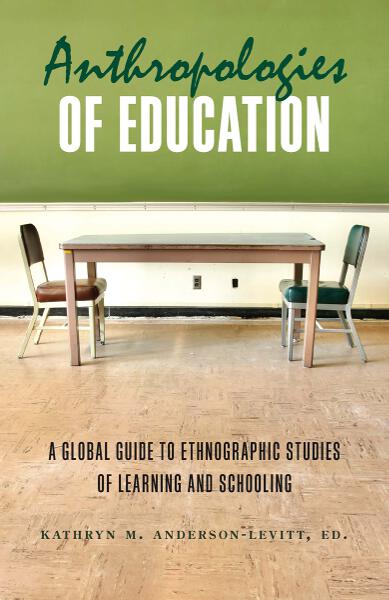
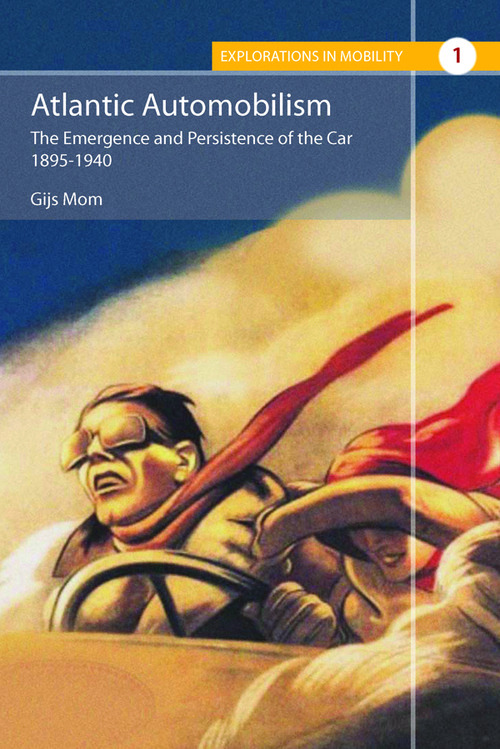 forthcoming!
forthcoming!
